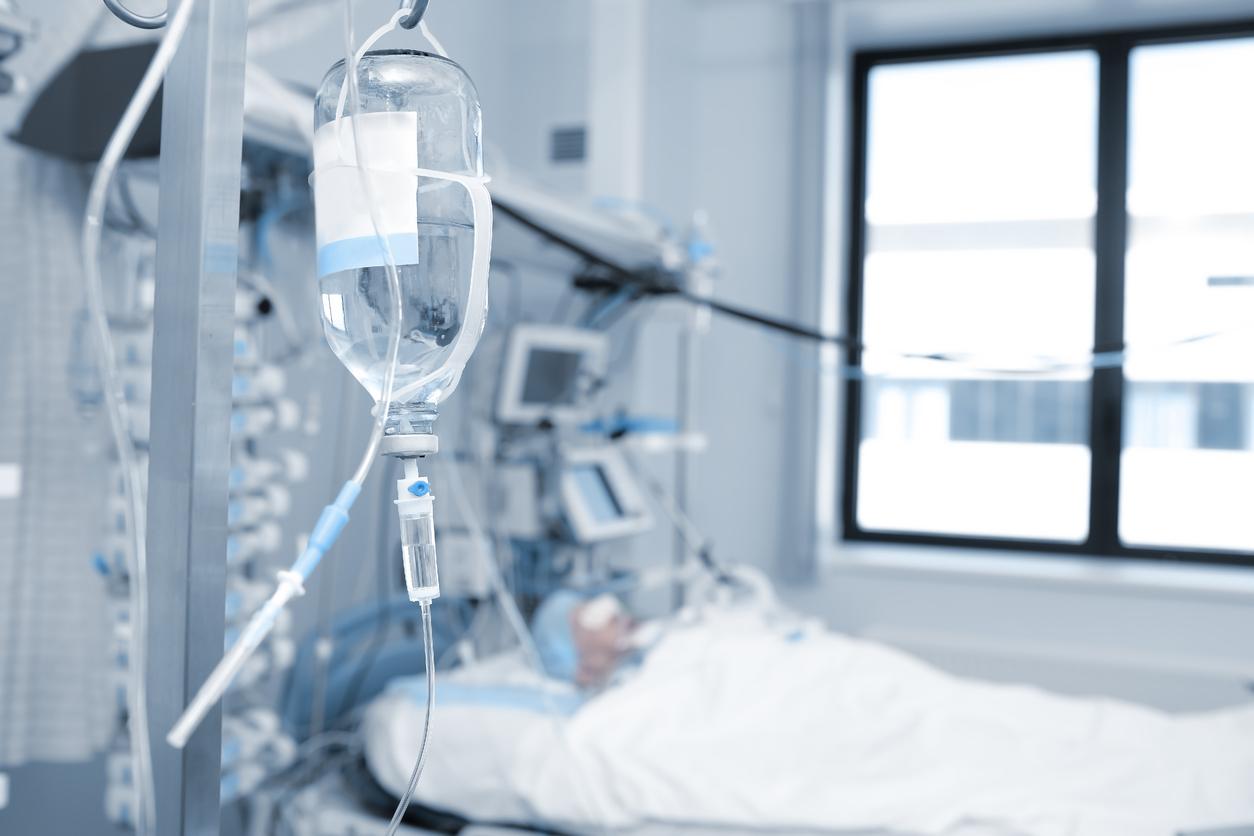In the latest international pandemic developments, a closely watched large phase 3 trial of four treatments for COVID-19—including remdesivir—found little or no benefit for survival, and as new spikes accelerated in the United States and Europe, the global total topped 39 million cases.
The findings about remdesivir leave doctors uncertain on how to proceed, given that some countries, including the United States, have already granted the drug emergency use authorization. They also leave health authorities, including the World Health Organization (WHO), scrambling to review the latest data to update their treatment guidelines. The findings were published the same day the WHO prequalified remdesivir.
Remdesivir and other drugs showed little to no effect
The discouraging news on the COVID-19 treatments came from the 6-month-long multi-country Solidarity trial of repurposed antiviral drugs led by the WHO, and researchers published their initial findings late yesterday in the preprint server MedXriv. Scientists from 30 countries evaluated remdesivir, hydroxychloroquine, lopinavir, and interferon alone and in combination with lopinavir. None of the drugs showed a clear impact on mortality, need for a ventilator, or hospitalization duration.
At a media briefing today, the WHO's Director-General Tedros Adhanom Ghebreyesus, PhD, said that after an early analysis the WHO discontinued the hydroxychloroquine arm of the trial in June, then a month later, announced that it stopped enrolling patients in the lopinavir-ritonavir part of the trial. And now, interim results show little or no effect for remdesivir or interferon at preventing death or shortening hospital stays. He added that full peer-reviewed results will be published soon in a leading scientific journal.
The Solidarity trial is still recruiting patients to assess other treatments, such as monoclonal antibodies and new antivirals, but currently, dexamethasone is the only treatment shown to be effective for severe COVID-19 infection.
Soumya Swaminathan, MD, the WHO's chief scientist, said more than 5,000 patients were involved in the remdesivir arm of the randomized controlled trial, which is the gold standard for assessing effectiveness. She said the findings are consistent with recent findings from other similar but smaller trials, such as one published by scientists from the National Institutes of Health (NIH).
She said the Solidarity trial findings for remdesivir are robust, with large numbers of patients and tight confidence intervals. Swaminathan noted that the NIH trial showed a benefit for patients who weren't on oxygen, but that it is difficult to compare studies.
Next steps: meta-analysis, treatment guidance decisions
The next step is for health groups to examine all the evidence for remdesivir to come up with a meta-analysis, which could take a couple weeks, she said. Based on that information, the WHO and other groups will issue guidance about use of the drug.
In a statement yesterday, the drug's maker, Gilead, said it was aware of the preprint findings for remdesivir and said the findings appear to be inconsistent with what it said are more robust findings from other randomized controlled trials. It raised concerns that the findings from the Solidarity trial have not gone through rigorous peer review to allow for constructive scientific discussion, especially given the limitations of the trial design.
Global total tops 38 million, partly fueled by Europe surge
Though India and the United States each added more than 60,000 cases to the global total over the past day, cases in Europe continue to surge in the continent's second wave of activity.
But at today's WHO media briefing, Maria Van Kerkhove, PhD, the group's technical lead for COVID-19, said the virus isn't spreading everywhere equally. She said there are 37 hot spots in 13 countries and added that countries need to be able to look at their data to know where to target their interventions. Also, the countries are facing pressure on their hospitals and intensive care unit (ICU) capacity, a concerning development with the flu season approaching, Van Kerkhove said.
Many in the Northern Hemisphere are feeling a high sense of anxiety as virus levels rise, with the threat of stronger measures, she said. However, Van Kerkhove emphasized that there are many ways for people to live their lives safely by, for example, wearing masks, washing hands frequently, and avoiding some high-risk situations.
A handful of European countries reported record daily high cases today, including Russia with 15,150, with roughly one-third of them from Moscow, Reuters reported. Italy reported more than 10,000 cases, its highest number since the start of the pandemic. The Netherlands, Belgium, and the Czech Republic also reported daily highs.
In other international developments:
- With 17,096 new cases, Argentina reported its biggest single day rise, Asian News International reported.
- China said the source of a recent hospital outbreak in Qingdao was two dockworkers who had check-ups at the facility, one of whom developed symptoms later, Reuters reported, citing city health officials. In response to the outbreak, the city expects to wrap up testing of all 9 million residents today.
- The global total today reached 39,126,111 cases today, and 1,101,007 people have died from their infections, according to the Johns Hopkins online tracker.




















